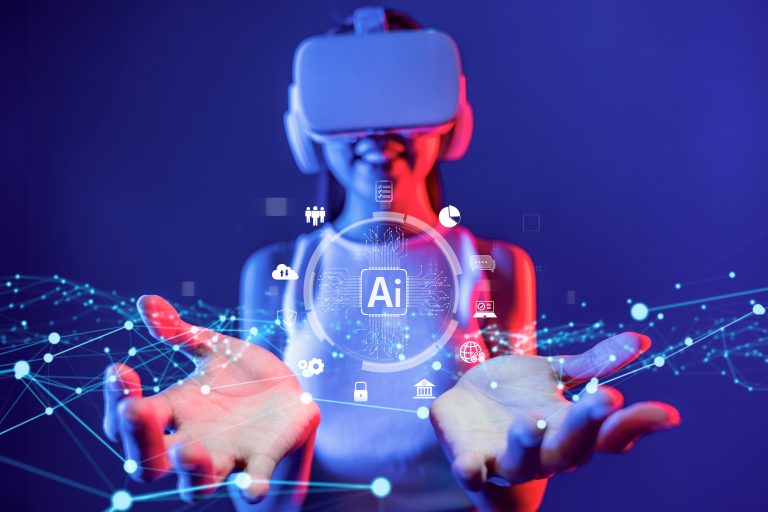UK organisations are set to embrace generative AI (GenAI) over the next 12 to 18 months as part of their wider workplace transformation efforts, according to new research published by Information Services Group (ISG), a global technology advisory firm. The findings suggest that both enterprises and public sector bodies are increasingly seeking assistance from technology providers to develop AI applications that enhance productivity and improve employee experiences.
The 2024 ISG Provider Lens™ Future of Work – Services report highlights that organisations are exploring GenAI use cases, conducting pilot programmes, developing large language models, and establishing governance frameworks in preparation for widespread GenAI adoption. This shift is part of a broader trend towards transforming work environments in the UK, spurred by the COVID-19 pandemic and the rise of hybrid working practices.
The report notes that over half of new job listings in the UK now offer remote work options, responding to employees’ demands for flexibility. This shift towards hybrid working has created a need for enhanced digital tools and platforms to ensure seamless collaboration and communication, particularly as companies adjust to post-pandemic workplace expectations.
Economic uncertainty, geopolitical challenges across Europe, and recent industrial action over pay and working conditions have further underscored the importance of investing in workplace technology, the report suggests. Workforce shortages and growing pressure for companies to offer competitive employee experiences are driving this evolution.
ISG’s Iain Fisher said, “The future of work continues to evolve to meet new business models and changing customer demands. UK organisations are turning to service providers to support these transformations, seeking improvements in productivity, sustainability, and employee experiences across digital workplace services.”
The report also highlights the growing role of experience management (XM) services in workplace transformation. These services are designed to enhance employee satisfaction, promote productivity, and identify issues in digital transformation projects. XM services, it says, provide a comprehensive management layer that can help organisations monitor and improve how interconnected systems function.
Cost-saving remains a primary driver for workplace transformation initiatives, but forward-thinking organisations recognise the long-term value of streamlining processes and improving employee satisfaction through technology. Jan Erik Aase, global leader of ISG Provider Lens Research, emphasised the need for “experience parity”, explaining that modern workplaces must deliver consistent employee experiences regardless of location.
The report also notes that businesses are increasingly using unified communications and collaboration (UCC) platforms, such as Microsoft Teams, along with augmented reality (AR), virtual reality (VR), and extended reality (XR) technologies to enhance collaboration and workflows. However, it highlights challenges in integrating older pre-pandemic infrastructure with newer capabilities.
One of the emerging trends is the use of Experience-Level Agreements (XLA), which are starting to replace traditional Service-Level Agreements (SLA) in contracts with service providers. XLAs are designed to improve the measurement of workplace success by focusing on employee experience rather than operational metrics alone.
The ISG report also identifies the leading technology service providers in the UK’s workplace transformation space. Companies such as Accenture, Capgemini, HCLTech, and Wipro are named among the top providers for their comprehensive solutions. Meanwhile, HCLTech has been recognised as a “Star Performer” for customer experience, receiving the highest satisfaction scores in ISG’s Voice of the Customer survey.
As UK organisations prepare for the future of work, the adoption of GenAI and the focus on enhancing employee experience are expected to play a crucial role in driving productivity and competitiveness in an increasingly digital economy.



